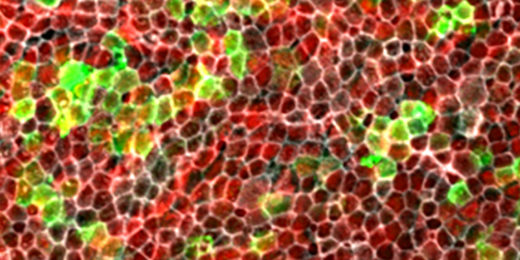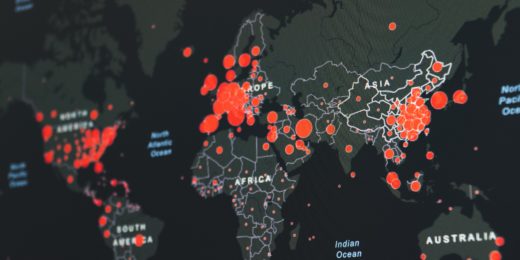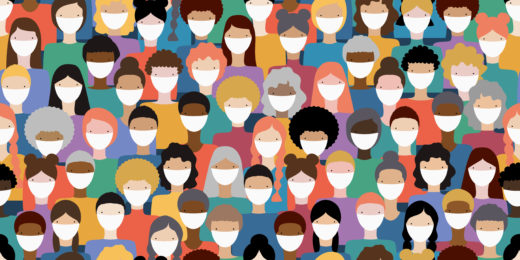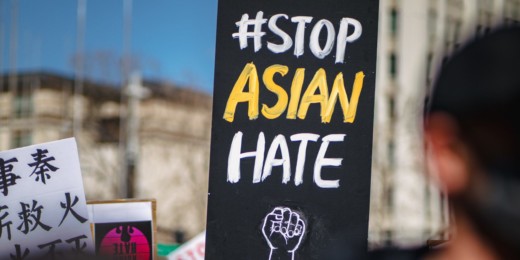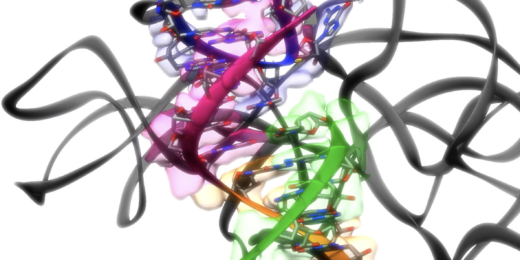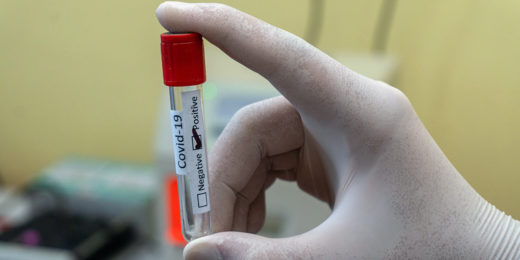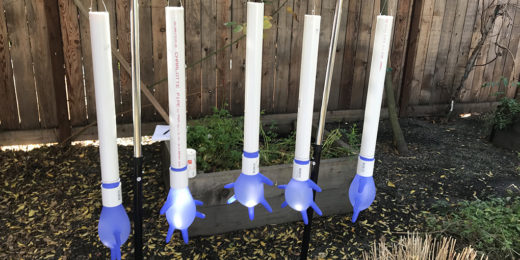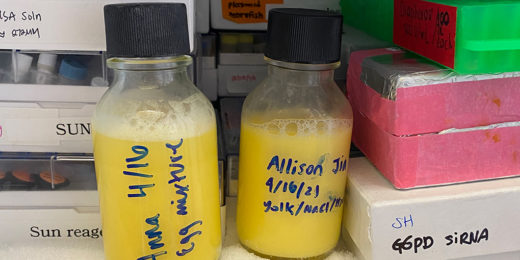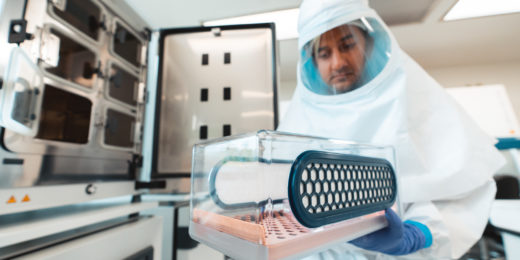A Stanford Medicine researcher discusses COVID-19 vaccination for children and why it's important for them to get the shot.
Category: COVID-19
COVID-19 can infect the inner ear
Researchers say anyone with new on-set hearing loss, tinnitus or vertigo, with exposure to COVID-19, should be tested and monitored.
Why are smokers at an increased risk for severe COVID-19?
Tobacco smoke blocks airway cells from making a protein that protects against infection by the virus that causes COVID-19.
Pandemic Puzzle: The role of data in the pandemic
Stanford Medicine biomedical data scientist weighs in on the role of data as we respond to the pandemic and prepare for the future.
Can marketing strategies help increase vaccination rates?
Researchers at Stanford are exploring using traditional marketing strategies to help increase COVID-19 vaccine acceptance.
Pandemic Puzzle: Health disparities and equitable recovery
In Stanford's Pandemic Puzzle virtual symposium, experts discuss medical and economic issues of the Covid-19 pandemic.
Routine COVID-19 testing can help schools stay open, researchers say
Researchers argue that data from routine COVID-19 contact tracing and testing could help schools remain open.
Breaking down anti-Asian racism during the pandemic
Anti-Asian racism during pandemic soars among Chinese Asian sub-groups, including Vietnamese, Japanese, and Korean Americans.
Finding the fine details, from pond scum to SARS-CoV-2
Researcher from Stanford Stanford have created an imaging technique to view the fine details of RNA molecules.
Economic analysis busts telemedicine myths
Stanford researchers find that increased telemedicine does not raise costs of health care or jeopardize quality of care.
Stanford pediatrician answers COVID-19 vaccine questions
A Stanford pediatric infectious disease expert is highlighted in a new campaign to answer parents' questions about COVID-19 vaccines.
Study finds convalescent plasma therapy ineffective for COVID-19
A clinical trial studying convalescent plasma in COVID patients was determined ineffective by the National Institutes of Health and others.
Protecting health care workers in low-resourced Bangladesh
Stanford Medicine scholar turns time in Bangladesh during COVID-19 into a chance to improve health worker safety in low-resources countries.
How students are redesigning the future of health care
Stanford students share solutions they've developed to challenging health care problems through Stanford Health Technology showcase.
Protective bubbles and ‘spacesuits’: SARS-CoV-2 in the lab
With "bubbles" and "spacesuits," Stanford Medicine scientists take on the challenge of researching SARS-CoV-2 in the lab.
How to talk with someone about COVID-19 vaccine hesitancy
Stanford researchers investigate vaccine hesitancy and show how to better communication about vaccines to encourage acceptance.




